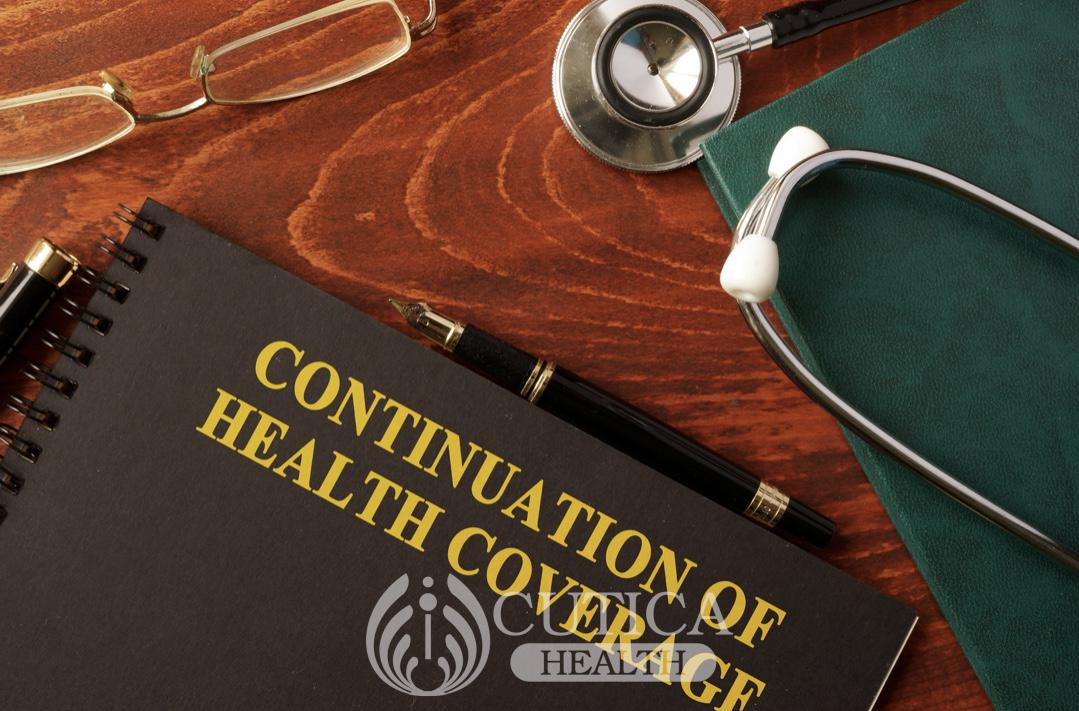
Putting off having a baby has never been easier or more socially acceptable and there has been a steady increase in the average age of parents in recent years. But is it a good thing for everyone?
Children born to mothers over the age of 35 and fathers over the age of 45 may be at a greater risk of having genetic and developmental problems. Adding to this, older parents are more likely to need assisted reproduction, such as in-vitro fertilization also referred to as IVF. This is when woman’s eggs is fertilized outside her body and the fertilized egg is then returned to her body for the baby to develop naturally. IVF is getting better and safer, and for some families, it is a miracle procedure. It can however be expensive and it is not always succesful.
Overall, waiting too late to have a baby is not always the best. There needs to be a greater awareness about the risks of delaying family planning, and family doctors should play a more proactive role in this.
For some women, the concern is the loss of earnings or career prospects that raising a family might require. This is something that employers and society can work to eliminate.
Decision
The right decision depends on the individual after considering the benefits and risks of their situation. Notably, the risks of delaying parenthood have been simulated with computer modelling. For example, if a 30-year-old woman delays trying for a baby from age 30 until 35, her chances of falling pregnant are reduced by 9%, but IVF will only compensate for 4%. With IVF, older women may need more rounds of stimulation to store the eight to ten eggs needed for a reasonable chance of a successful birth – and this can be rather expensive.
So if you plan to have a child, sooner may be better.












